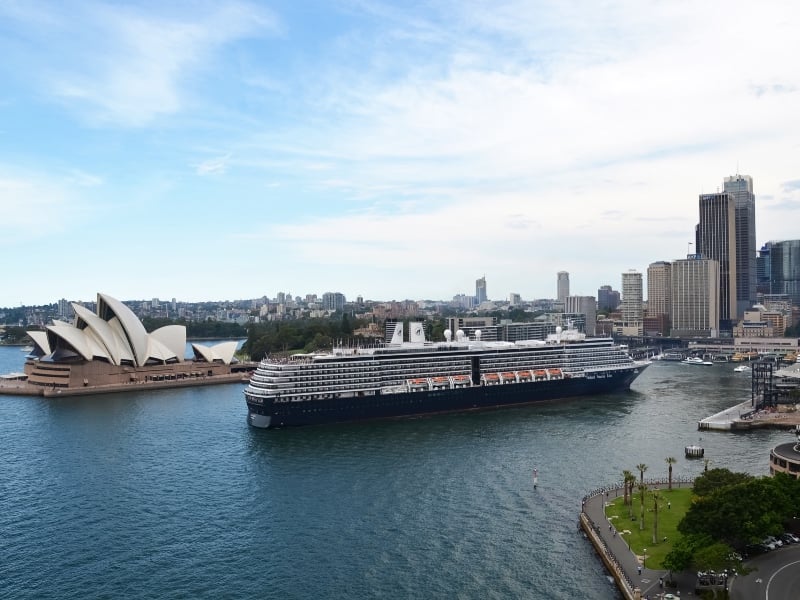
The days of travel bans and restrictions in Australia are largely over, with the government officially ending the Biosecurity Emergency Period yesterday.
The Australian government initially invoked this emergency period on 15 March 2020, as the coronavirus pandemic was in its infancy. The federal government then continuously extended this period for a total of 25 months. Now, it’s finally over.
There are still a few coronavirus restrictions remaining, so Australia isn’t quite back to the 2019 rules just yet. But the country has already come a long way from just six months ago, when Australians were still banned from leaving the country and tens of thousands of Aussies were stranded overseas.
Here’s a summary of what’s changing now…
No more pre-departure COVID-19 tests required for travel to Australia
Until today, people flying to Australia from overseas were required to get a pre-departure COVID-19 test in order to board their flight. This requirement has now been dropped, making it easier and less expensive for people to travel to Australia.
Passengers arriving in Australia by air still need to complete a Digital Passenger Declaration (DPD) prior to travelling.
Travellers coming to Australia also still need to meet the requirements of the state or territory where they arrive. The governments of NSW, VIC, QLD, ACT and SA still require international arrivals to get a COVID-19 test within 24 hours of arrival, which can be a rapid antigen test. Positive COVID-19 test results still need to be reported and a mandatory quarantine period still applies.
Anyone arriving in WA from overseas still needs to apply for a G2G Pass, but a COVID-19 test after arrival is no longer required in WA.
End of outbound travel restrictions for unvaccinated Australians
From 18 April 2022, Australian citizens and permanent residents no longer need to apply for a travel restriction exemption to leave Australia if they are not considered fully vaccinated against COVID-19.
Australian citizens and permanent residents can also return to Australia if they are not vaccinated, however overseas tourists and visa holders must still show proof of vaccination. (Australia already reopened its border to vaccinated overseas tourists on 21 February 2022.)
Crucially though, returning Australians are still subject to any quarantine requirements imposed by the state or territory where they arrive. All Australian states & territories still require unvaccinated arrivals to quarantine except for Northern Territory and Tasmania, where all entry restrictions have been removed.
See the Department of Home Affairs website for more information about current international travel requirements for vaccinated and unvaccinated people.
Ban on cruise ships repealed
The Australian government’s ban on international cruise ships also ended yesterday.
It’s now up to individual state & territory governments to decide if and when they’ll allow the return of cruise liners. NSW, Victoria and Queensland have already removed their bans, and the first cruise ship in over 760 days will dock in Sydney Harbour today. Yesterday, the WA government also began a staged reopening of cruising in that state with small interstate vessels permitted in WA waters again.
Various measures to reduce the risk of COVID-19 on cruises are in place, such as a requirement for passengers to be vaccinated and enhanced pre-arrival screening procedures.
Intrastate cruises have already restarted in some states.
Some AFF members are excited by the prospect of cruising again, but some recent horror stories from overseas are putting others off.
Passengers arriving in Australia by sea from 18 April 2022 are required to complete a new form called a Maritime Travel Declaration (MTD) between 3-10 days before boarding the vessel. This online form is similar to the Digital Passenger Declaration required for passengers arriving by air.
For more discussion on the restart of cruising, see AFF’s “Cruising choices with an active Pandemic” thread.
You can leave a comment or discuss this topic on the Australian Frequent Flyer forum.


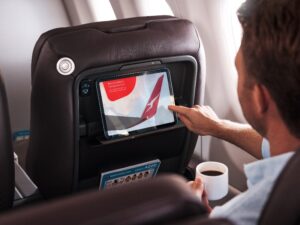
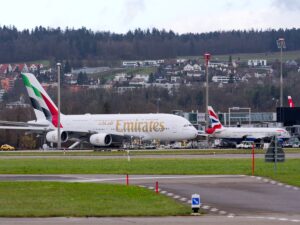



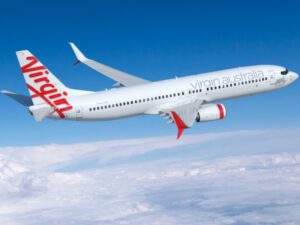

































































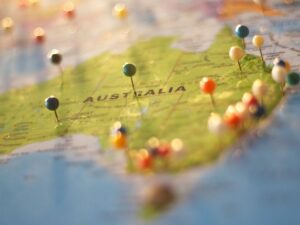





Community Comments
Loading new replies...
Join the full discussion at the Australian Frequent Flyer →